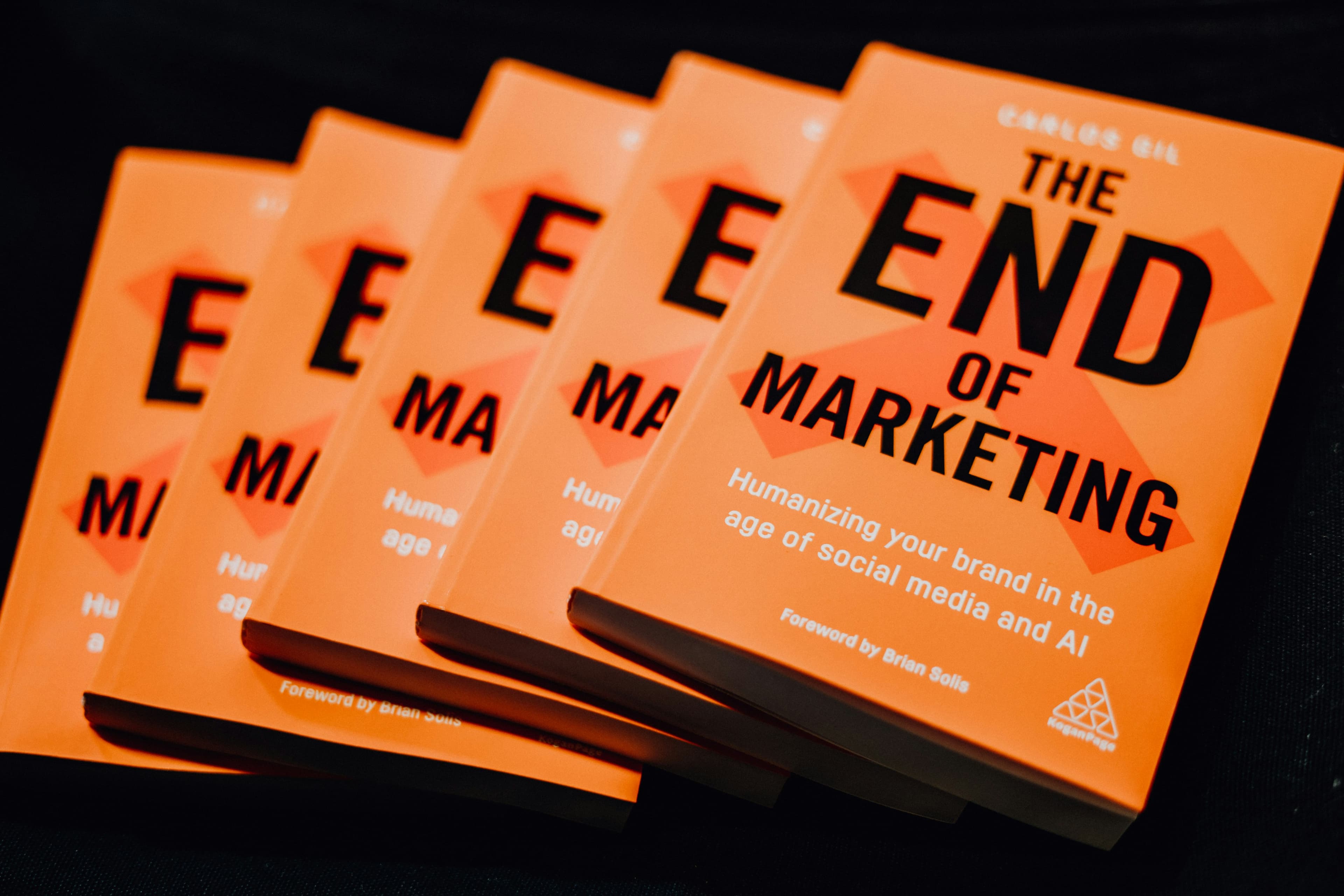To Find Happiness You Have to Let Things Go

We’ve already talked about getting to know our true selves and realigning our mental operating system around the core beliefs we were born with, like our limitless ability to learn. It’s impossible to reboot our minds if those fundamental programs aren’t in the right place. Most of us understand that panicky feeling when a phone or laptop gives us the "screen of death" and won't start. We worry that everything is lost. But what many people don't realize is that the most important technology they own—their mind—has been compromised for most of their lives.
You, however, are starting to see things differently. You’ve begun putting your mental software back where it belongs, armed with insights from top neuroscientists and thinkers. This gives you a massive advantage in life, and now it’s time to build on that foundation. We're going to tackle the critical perspectives that hold so many people back. By letting go of common myths, you can find the lasting happiness and peace of mind you’re looking for.
Happiness Is a Mindset, Not a Destination
My wife, Michelle, has been practicing yoga for years and often mentions how gratitude has transformed her outlook. Thinking about happiness, that seemed like a good place to start. I came across the work of Robert Emmons, a psychologist at UC Davis who has spent decades studying gratitude. His research shows that it can significantly boost both our mental and physical well-being.
So, why does it work? Emmons explains it in two parts. First, gratitude makes us affirm that there is good in the world. It doesn’t mean life is perfect or that we should ignore our problems, but it encourages us to see the positive. Second, it forces us to recognize that this goodness often comes from outside ourselves. We acknowledge that other people, or even a higher power, have given us gifts, big and small, that contribute to our well-being.
Listening to him, it made sense that shifting our focus to what we’re grateful for would improve our happiness. After my own mental reboot, I was able to see and appreciate the positive things around me more, from the air I breathe to the time I get to spend with people. But I still felt like a piece of the puzzle was missing.
That’s when a friend introduced me to Mo Gawdat, a former Google executive. In 2014, Mo tragically lost his 21-year-old son, Ali, due to a medical error. While coping with this unimaginable loss, Mo realized his son wouldn't want his parents to live a life of sorrow. So, he used his engineer's mind to deconstruct happiness and made a surprising discovery: the secret to happiness is often found in less, not more.
I had always thought happiness was tied to abundance. I figured that once I had enough—enough money, love, or success—I would finally be happy. I was chasing more, believing external things were the answer. Mo taught me that my approach was fundamentally flawed. He found that happiness is only possible when two conditions are met.
Condition 1: Your Life's Reality Exceeds Your Expectations
This was the path I was on—I was constantly trying to make my reality bigger and better. The problem was, as my life improved, my expectations grew even faster. As I became more successful, my standards for my own life just kept rising. It was an unwinnable arms race. Think of it like being on a treadmill. As you get fitter, the treadmill speeds up, always staying just a little bit faster than you can handle. You constantly feel like you can’t keep up. That was my life. I had a lot, but it never felt like enough because I could never outrun my expectations, especially when constantly seeing ads for . Advertisers, marketing firms, and social media profit from telling us what our lives look like, fueling our sprint for more.
Condition 2: You Remove What Makes You Unhappy
Imagine you’re wearing a pair of custom-made, $3,000 shoes. They were handcrafted to fit your feet perfectly. But if you have a tiny pebble in your sock, you’ll never feel comfortable. You can’t appreciate the shoes until you remove the pebble. The same goes for life. Piling more stuff on top of things that are making you fundamentally unhappy will never fix the problem. The underlying issues will always resurface.
This perspective was new to me, and it sent me on a quest to figure out what really makes us unhappy.
To Become More, You Must First "Unbecome"
A mentor once told me, "Before you can have in life, you must first become." It makes perfect sense. Before you can deliver babies, you have to a nurse. Before you can build a successful , you have to a good strategist and marketer. Before you can be a great partner, you have to a good listener.
Reflecting on my own life, I realized that my limiting mindset had often stopped me from "becoming." I was okay in some areas and pretty bad in others, never really giving myself permission to get good at anything. Most of us know what we should do—eat better, exercise more, save money—but we often do things that are counterproductive to who we want to be, which only makes us more unhappy. Why?
Shawn Achor, a positive psychology professor at Harvard, explained that our reality doesn’t shape our happiness nearly as much as the lens through which our brain views the world. He says our external world predicts only about 10% of our long-term happiness. The other 90% is predicted by our perspective. This made me think about the limiting perspectives I held onto—views that restricted my actions and, ultimately, my happiness. These perspectives are conditioned into us by parents, society, and common phrases we hear all the time. The dream of taking a can feel impossible if you believe you're not capable.
If you want more out of life, you first have to become more. But before you can become, you have to let go of what’s holding you back. You have to "unbecome." You have to remove the pebbles from your shoe. My own reboot helped me let go of long-held limiting perspectives that clouded my judgment and held me back from the life I truly wanted.
Clearing Out the Mental Clutter
After decades of traveling the world for work, speaking with thousands of people, and learning from their struggles and triumphs, I’ve come to a conclusion. There are eight common myths that distort our reality. These are the pebbles that create our unhappiness. They give us a skewed view of ourselves and the world, leading to flawed expectations and limiting actions.
There are simple truths that empower us to shape our world, but if we buy into the myths, we destine ourselves to become victims of circumstance. And victims are rarely happy. Before my reboot, I was a card-carrying member of the mediocrity club, trapped by unhappiness because I had bought into so many of these limiting ideas about what it takes to succeed at or .
But here’s the key: your perspective is a choice. You don’t have to accept the limiting views handed down to you. You can choose to see things differently. This is the next step on our journey together—learning to unbecome so you can finally start building the better version of you.







